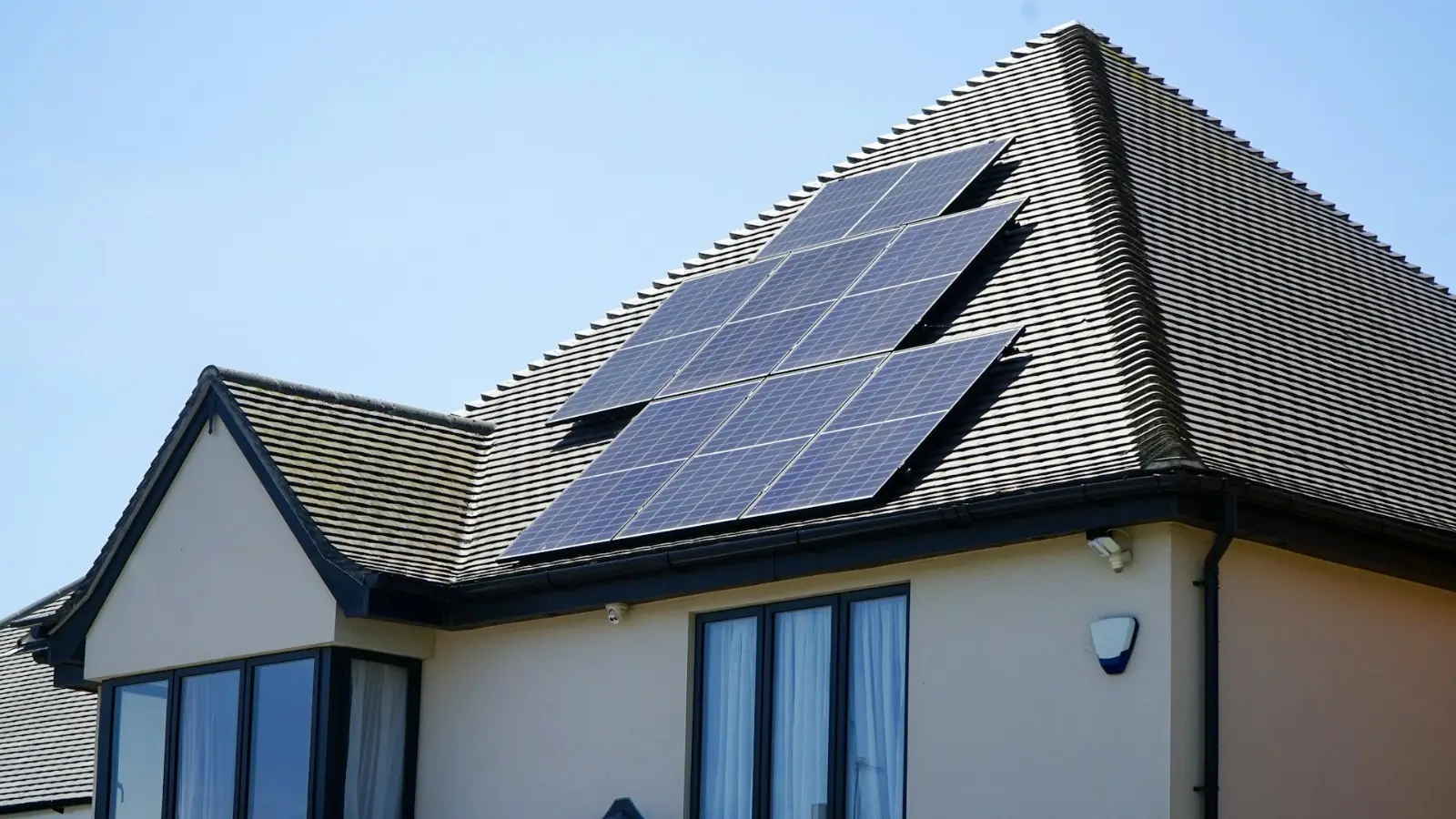


More Middle Tennessee homeowners are asking the same question: Is solar really worth it? Rising energy bills, interest in renewable energy, and new incentives have made solar power one of the fastest-growing home upgrades in the region. At the same time, many people are unsure about the costs, return on investment, or whether Tennessee’s climate makes solar panels a practical option.
The short answer? In most cases, yes; solar panel installation in Middle Tennessee can be a wise financial and environmental choice. Let’s walk through why.
One of the most significant advantages of solar is year-round savings on utility bills. Even when your home stays connected to the grid, panels help offset your electricity use, reducing costs every month.
Tennessee homeowners also benefit from:
Net metering policies and TVA incentives: Through programs with the Tennessee Valley Authority (TVA) and participating utilities, you can sell excess energy back to the grid, lowering your bills further.
Federal tax credits: The federal Investment Tax Credit (ITC) currently allows homeowners to claim a percentage of installation costs as a credit on their taxes. This can reduce upfront expenses by thousands of dollars.
Together, these factors make the financial equation more favorable than many realize.
Costs vary by system size, equipment brand, and the complexity of installation, but averages for Middle Tennessee fall in the $15,000–$25,000 range before incentives.
Factors that influence cost include:
System size: Larger systems cost more but generate more power and savings.
Roof orientation and age: South-facing roofs generate the most energy, while older roofs may need reinforcement.
Location: Shading from trees or nearby buildings affects efficiency.
While the sticker price may seem high, incentives and long-term energy savings help balance the equation.
The return on investment (ROI) for solar in Tennessee is stronger than ever.
Breakeven timelines: For most homeowners, the payback period typically ranges from 7 to 12 years, depending on factors such as energy usage, system size, and financing.
Home value boost: Studies show that homes with solar panels often sell for more, as buyers are attracted to lower monthly bills.
Long-term savings: With panels lasting 25 years or more, homeowners can save tens of thousands of dollars. Projections often estimate savings of $15,000 to $30,000 over the lifetime of a system.
For those calculating solar ROI in Tennessee, these numbers show why installations are growing every year.
Tennessee’s mix of sunny summers and mild winters makes solar practical. While overcast days and shorter winter daylight reduce output, panels still generate power year-round.
Summer performance: Long, sunny days maximize production.
Winter performance: Although shorter, panels still provide energy, making them especially valuable during peak heating costs.
Backup batteries: For homeowners concerned about outages, pairing solar with a storage solution ensures critical appliances stay powered even if the grid goes down.
This flexibility is especially appealing to families seeking both Middle TN solar cost savings and reliability.
Before moving forward, it’s wise to assess whether your home is suitable for solar energy. Key questions include:
What’s the age and condition of your roof? Installing panels on an old roof may result in additional costs later.
Is your utility company solar-friendly? Check compatibility with net metering and local incentives.
What permits are required? Municipalities often have specific rules, and professional installers typically handle the paperwork.
Asking these questions upfront ensures you get the best value from your system.
Solar power is no longer just a “green” choice; it’s a practical one for many Tennessee households. With local incentives, lower utility bills, and federal tax credits, solar panel installation in Middle Tennessee can deliver impressive returns while reducing reliance on the grid.
If you’ve been curious about solar, now is the time to explore your options. A quick consultation with local professionals can help you calculate your exact savings and decide whether solar is right for your home.